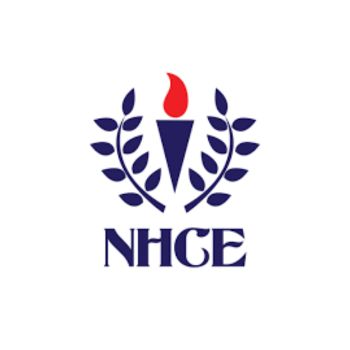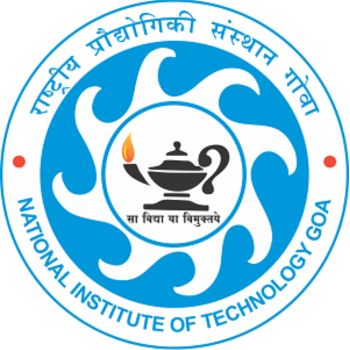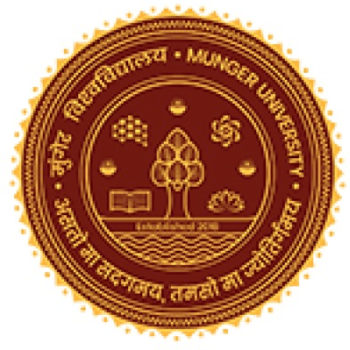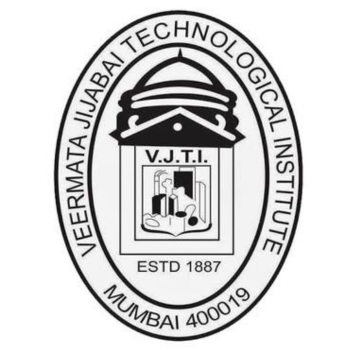The Institute of Chemical Technology (ICT) Mumbai maintains a robust placement record, driven by its specialized focus on chemical engineering and allied disciplines. Industry leaders consistently recruit graduates for roles in research, production, and process optimization, reflecting the institution's alignment with core industrial sectors.
Table of Contents
ICT Mumbai-Placement Overview
| Particulars | 2023 | 2022 | 2021 |
| Students Graduated | NA | 518 | 472 |
| Students Placed | NA | 370 | 263 |
| Median CTC | INR 9 LPA | INR 8 LPA | INR 6.55 LPA |
| Median CTC | INR 6 LPA | INR 5.21 LPA | INR 5.55 LPA |
ICT Mumbai-Analysis of Trends
- Compensation Growth: Undergraduate median packages rose by 37% from 2021 to 2023, signaling increasing industry demand for ICT’s B.Tech graduates. Postgraduate salaries remained stable, with minor fluctuations attributed to sector-specific hiring patterns.
- Placement Volume: While 2022 saw a peak in graduations (518 students), the placement rate exceeded 70% despite broader economic volatility. The absence of 2023 graduation figures suggests pending data consolidation, though median CTC values indicate sustained recruiter confidence.
- Sectoral Alignment: Higher UG compensation reflects dominance in high-growth areas like specialty chemicals and energy, whereas PG roles often prioritize R&D positions with incremental salary progression.
ICT Mumbai-Recruitment Ecosystem
ICT’s placement success stems from strategic industry partnerships spanning pharmaceuticals, petrochemicals, FMCG, and government research. Top recruiters include multinational corporations (e.g., Reliance Industries, Asian Paints) and public-sector giants (e.g., DRDO, Indian Oil). Roles typically focus on process engineering, quality assurance, and sustainable technology development.
ICT Mumbai-Student Preparation Framework
- Skill Development: Mandatory industry internships and lab-intensive curricula ensure graduates possess hands-on problem-solving skills.
- Career Support: Dedicated placement cells coordinate year-round recruiter engagements, including technical workshops and plant visits.
- Diversity in Hiring: Recent cohorts show balanced gender participation, with 65% male and 35% female placements in core engineering roles.
ICT Mumbai-Broader Industry Context
Chemical engineering graduates face growing opportunities in India’s manufacturing expansion, particularly in green energy and waste-reduction technologies. Regulatory shifts toward sustainable production further amplify demand for ICT’s niche expertise. The institution’s A++ NAAC accreditation and consistent top-20 NIRF rankings bolster recruiter trust, enabling above-national-average compensation.
ICT Mumbai-Future Trajectory
Ongoing infrastructure investments in ICT’s incubation centers aim to bridge academic research with commercial applications. This synergy is expected to elevate postgraduate opportunities in entrepreneurial and high-impact research roles. As emerging sectors like bio-pharmaceuticals and agrochemicals scale, ICT’s industry-responsive curriculum positions graduates for accelerated career advancement. ICT Mumbai’s placement narrative underscores the strategic value of specialized chemical education in India’s industrial growth story. With compensation trends outpacing many engineering disciplines and recruiter diversity expanding, the institute remains a critical talent pipeline for India’s technology-driven sectors.










